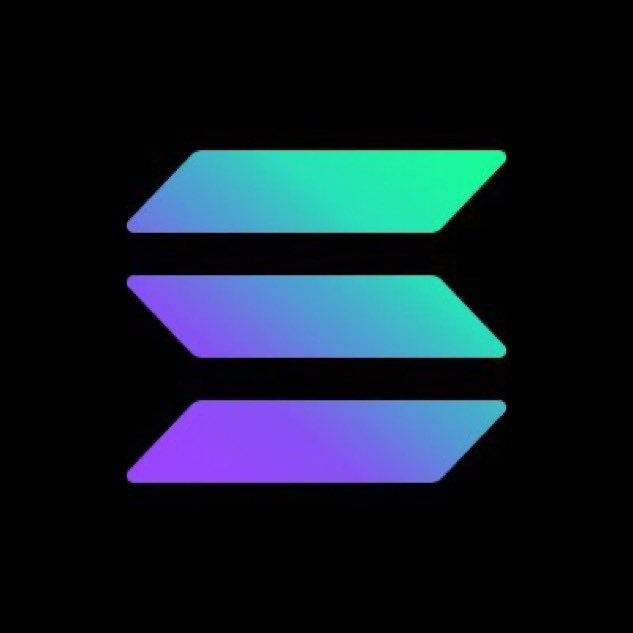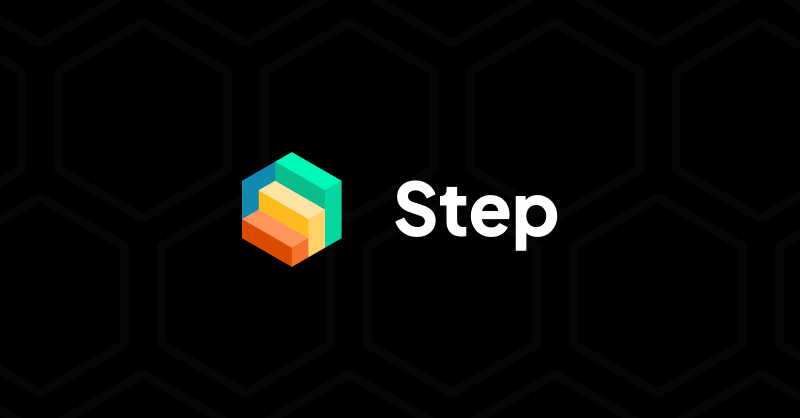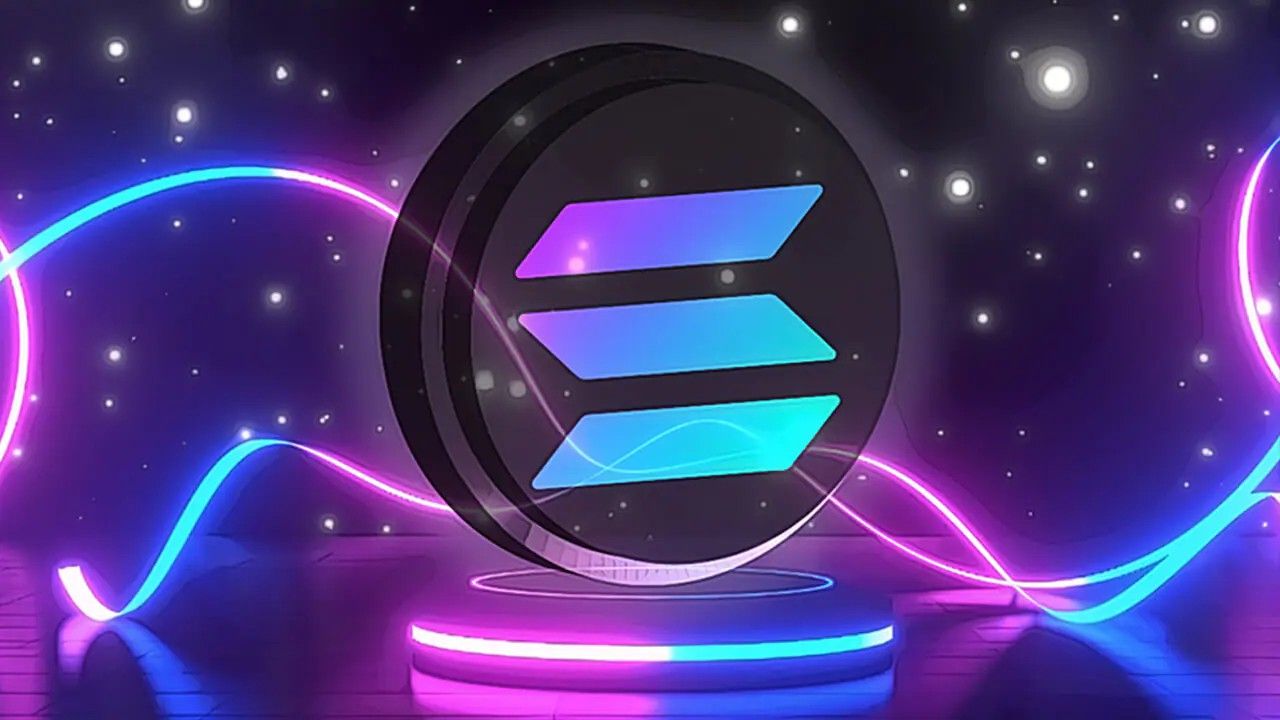Home Investing in Cryptocurrency Solana
Solana (sol)
$
90.93
Real-time Data •
Don’t invest unless you’re prepared to lose all the money you invest. This is a high-risk investment and you should not expect to be protected if something goes wrong. Take 2 mins to learn more at https://etoro.tw/44JRWLY
1 hr
$0.42009
(0.46%)
24 hr
$4.45
(5.15%)
7 Days
$3.18
(3.63%)
Trading volume:
$
7.21B
Trading volume rank:
4
Current market cap:
$
51.54B
Market rank:
7
Don’t invest unless you’re prepared to lose all the money you invest. This is a high-risk investment and you should not expect to be protected if something goes wrong. Take 2 mins to learn more at https://etoro.tw/44JRWLY
What is Solana (SOL)?
Solana is a high-performance blockchain known for its incredibly fast transaction speeds and low fees, making it ideal for decentralized apps and crypto projects.
Its unique Proof of History mechanism helps it process thousands of transactions per second, positioning it as a major competitor to Ethereum.
Positive sentiment
Solana price Statistics
| Solana Price | $90.93 |
| Price Change 24h | $4.45 |
| 24h Low / 24h High | $86.37 / $93.71 |
| Trading Volume 24h | $7.19B |
| Volume / Market Cap | 0.1389 |
| Market Dominance | 2.05% |
| Market Rank | #7 |
| Market Cap | $51.75B |
| Fully Diluted Market Cap | $56.46B |
| Yesterday`s Low / High | $86.37 / $93.71 |
| Yesterday`s Open / Close | $293.31 / $0.50080 |
| Yesterday`s Change | $4.45 (5.15%) |
| Yesterday`s Volume | $5.22B |
| Price Change 14d | $8.47 (10.28%) |
| Price Change 30d | -$13.07 (-12.58%) |
| Price Change Year | -$51.53 (-36.20%) |
| All Time High | $293.31 |
| Solana ROI | — |
| Circulating Supply | 569.76M |
| Total Supply | 621.60M |
| Max Supply | — |
Read more on Solana

How to Buy Solana (SOL) in 5 Simple Steps
Alice Leetham
Solana Price Prediction
freelance-admin-support

How to Buy Solana (SOL) in 5 Simple Steps
Alice Leetham
Solana Price Prediction
freelance-admin-support







